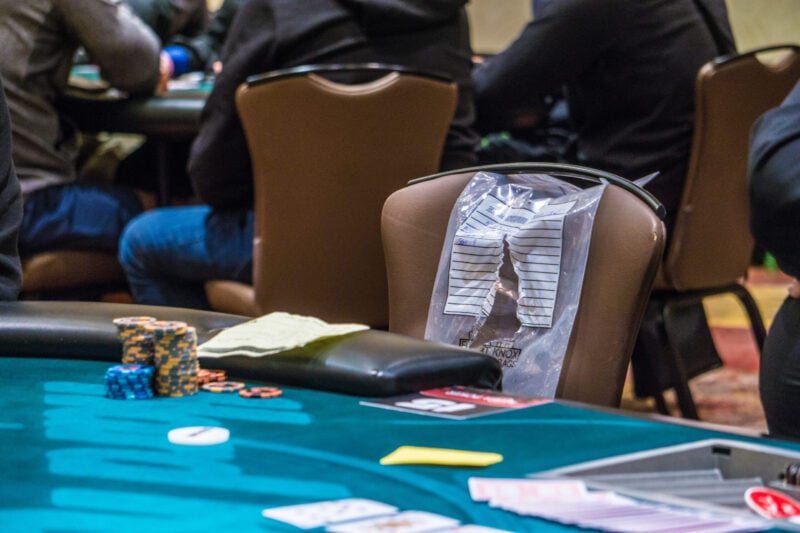It looks like the third time just might be the charm when it comes to Internet gambling and the United States Federal government. In 1998, under President Bill Clinton, the U.S. Justice Department issued felony arrest warrants for 21 American citizens who were involved in owning, operating or marketing online gambling sites that allowed U.S. residents to gamble for real money via the Internet. It was the opening salvo in the Feds’ war on Internet gambling and it mostly successful.
Most of the charged offenders turned themselves in and many of the gambling websites involved were shut down. The next big move by the U.S.A. against online gambling came in 2006.
UIGEA Puts Pressure on the Banks
That year, under President George W. Bush, U.S. Congress passed the Unlawful Internet Gambling Enforcement Act, or UIGEA for short. The legislation made it illegal for U.S. banks and credit card companies to allow their customers to use credit cards to fund online gambling. Uncle Sam couldn’t keep up with the thousands of online gambling sites in the world that accepted U.S. customers, much less bust them all, so a time-honored plan was initiated to combat the activity: follow the money.
The Decline of UIGEA
Since most online gamblers in the States used credit cards to get funds to a gambling site, the Feds correctly reasoned that making it difficult to get funds to a site would make it difficult to gamble. UIGEA was highly successful, but just for a while. Eventually, alternate payment methods such as online payment processors, e-cash, bitcoins, etc. made funding online gambling easy again.
Now a third major move has been made by the U.S. government in regard to online gambling. This time, however, it’s an attempt to end the war on Internet gambling and make it, yes, legal.
If You Can’t Beat It, Tax It
Earlier this month U.S. Congressman Jim McDermott, a Democrat from Washington state, introduced into the House of Representatives a bill that would legalize, license, regulate and tax Internet gambling in the States. Called the Internet Gambling Regulation and Tax Enforcement Act of 2013 (IGRATEA), it specifies exactly how legal online gambling in the States will be taxed.
According to the bill, operators of approved and licensed online gambling sites will have to pay a 12 percent tax on customer deposits. For example, this means if a site’s customers within a calendar year deposit a total of $100 million into the site’s coffers for online gambling, the site must pay out 12 percent of that amount – in this case $12 million – in taxes.
Raking in the Cash
And who gets all that money? According to the bill, the Federal government will get one-third of the taxed money and the State government will get two-thirds. In the above case, the Feds would get 4 percent of the $100 million (or $4 million) and the State (where the website is based) would get 8 percent of the $100 million (or $8 million). In some cases, Indian tribes living on tribal lands, which are Constitutionally-protected sovereign nations, would also be eligible to receive money under the provisions of McDermott’s bill.
So what explains the Feds’ abrupt U-turn on Internet gambling? In a word: money. The Federal government is buried in trillions of dollars of deficits and debt and can no longer ignore the massive amount of money being gambled online. Uncle Sam has finally decided to seize his share of the pie by legalizing, and more importantly, taxing the activity which millions of Americans are doing anyway. Now the Feds are finally wising up, and cashing in. The question is, what took so long?


